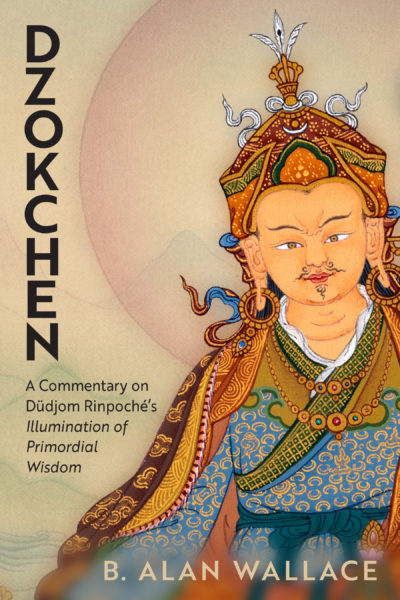Anne C. Klein, Being Human and a Buddha Too: Longchenpa’s Sevenfold Mind Training for a Sunlit Sky, 1–15, Somerville, MA: Wisdom Publications, 2023.
B. Alan Wallace, Fathoming the Mind: Inquiry and Insight in Dudjom Lingpa’s Vajra Essence, 29–54, Somerville, MA: Wisdom Publications, 2018.




